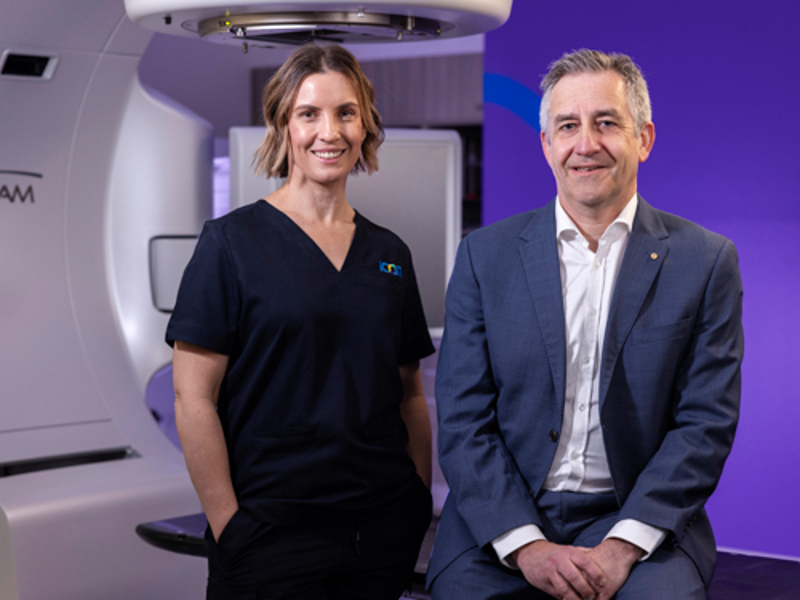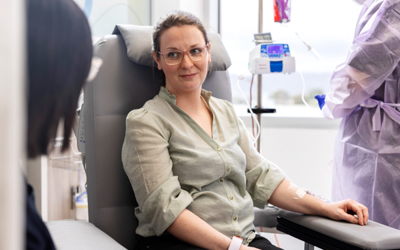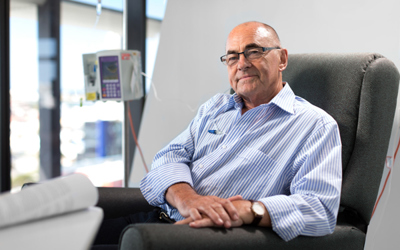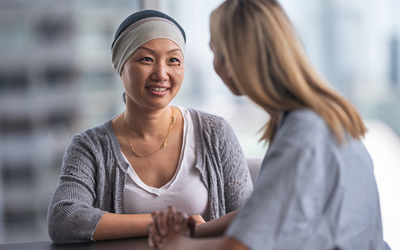What is diarrhoea?
Diarrhoea refers to the increased frequency and decreased consistency of bowel motions. Certain chemotherapy drugs are more likely to cause diarrhoea than others. Symptoms can range from mild to severe and generally last for several days after treatment.
What causes diarrhoea?
There are a number of disease and treatment related factors which can cause diarrhoea. They include:
Chemotherapy drugs, particularly irinotecan, fluorouracil and capecitabine
Stem cell transplantation, as this includes high dose chemotherapy +/- total body irradiation
Graft versus host disease (occurs following stem cell transplantation)
Radiotherapy to the pelvis and/or abdomen
Patients aged over 65 years
Psychosocial issues, including stress/anxiety
Previous history of other conditions which cause diarrhoea (i.e. chronic intestinal dysmotility (CID), Crohn’s disease, irritable bowel syndrome)
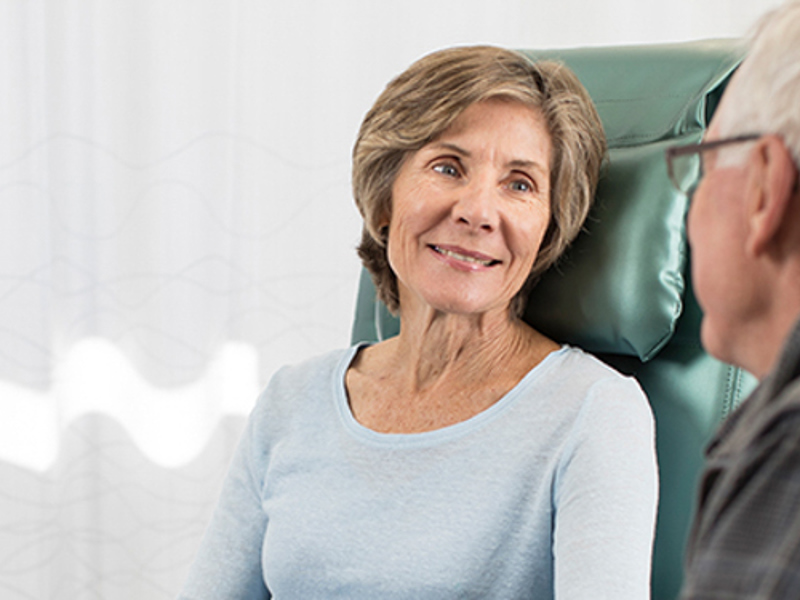
What are the signs and symptoms of diarrhoea?
There are a number of different signs and symptoms associated with diarrhoea.
In addition to frequent, loose bowel motions, you may also have:
Abdominal pain and cramping
Bloating/distention
Nausea and vomiting
How can diarrhoea be prevented or managed?
Your health professionals will discuss whether you are at risk of diarrhoea. There are strategies which can help prevent diarrhoea:
Ensure you drink enough water and other beverages (avoid dairy-based fluids and drink clear fluids instead)
Report signs of dehydration, including low urine output, rapid heart rate and headache/dizziness
Modify your diet to prevent exacerbation of symptoms. Consider talking to a dietitian who can support you to manage your diet: avoid fatty/greasy and spicy foods, and raw vegetables and fruit, consume small, frequent, bland, low fibre meals (e.g. bananas, rice, noodles, white bread, skinless chicken or white fish), avoid caffeinated beverages and alcohol, and limit dairy products
Ensure peri-anal area is kept clean by regularly washing with tepid water and mild soap
Apply barrier cream if your skin becomes irritated
Your doctor may prescribe medication to help you manage your symptoms. Although this medication is also available without prescription, it’s important that you discuss your situation with your care team. Your treatment regime may need to be adjusted depending on your symptoms.

When should I seek help from a health professional?
You should record the frequency of bowel movements and seek medical attention if symptoms worsen or you experience:
A temperature above 38°C
Motions that are black or have fresh blood present
Dark concentrated urine
Stomach cramping or pain
Diarrhoea that does not resolve in 24 hours, or becomes severe and very frequent (more than five episodes within 24 hours)
Every patient is different, please discuss your own personal situation with your treating doctor of Icon care team.
Common side effects from chemotherapy
Diarrhoea
Anaemia Appetite and taste changes Bleeding and low platelets (thrombocytopenia) Constipation Feeling emotional Flu-like symptoms Hair loss Hand foot syndrome Infection Infertility Lymphoedema Mouth sores or ulcers Nausea and vomiting Peripheral neuropathy Sexual dysfunction Skin and nail changesReady to discuss your care?
We’re here to support you through your treatment. Get in touch with us for more information about our centre and the services we offer.
